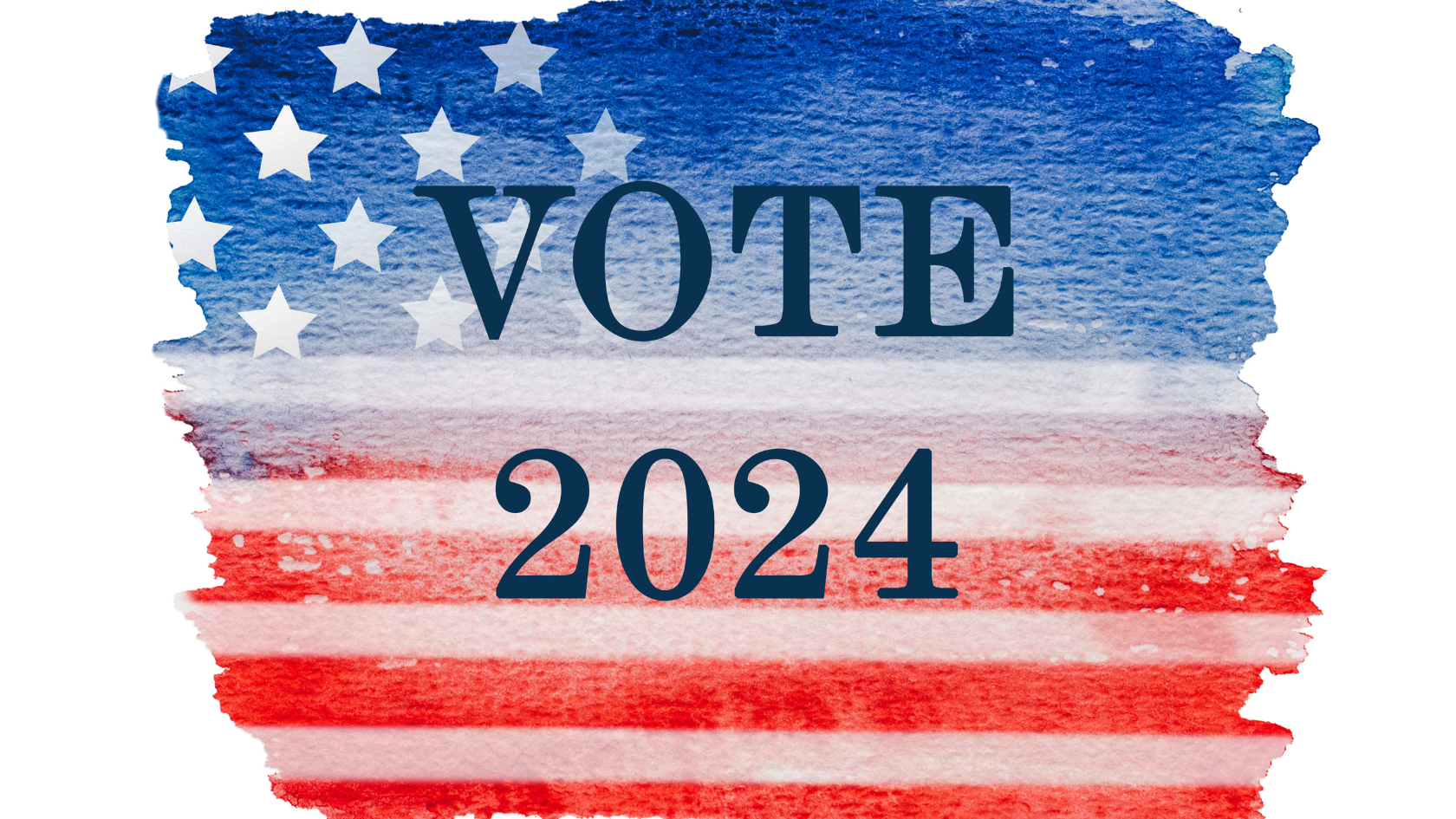
New Year, New You: Awareness of Health and Wellness Trends
January 16, 2024
Election 2024: Who Are You Voting For?
January 22, 2024Overall, 2023 was another strange year for the market research industry. We saw inflation continue to rise, putting pressure on consumers and businesses alike; one war continued while a new one started, and you couldn’t get away from AI talk.
With AI tools launching almost daily and improvements to large language models seeming to be rolled out every few weeks, making past versions look like horse-and-buggy-type technology, what will 2024 bring?
Let’s dive into our predictions.
Artificial Intelligence
Since there are so many things going on with AI, we grouped all our AI predictions into their own sections.
1. Custom Large Language Models (LLMs) Become Mainstream
In 2022, ChatGPT was launched, and with it, the AI genie was out of the bottle. In 2023, we saw AI tools launched by traditional MRX players and new companies in the industry. As part of the AI boom, we saw the introduction of synthetic respondents (using generative AI to create human-style responses), and companies also started to develop their own custom LLM based on their customer profile or audience data. We believe that in 2024, this trend will only grow. We expect to see the creation and use of custom LLMs by organizations to increase and expand beyond market research applications. We also think we will see synthetic respondents become more accepted. We believe there may be a choice with brands – whether they should purchase synthetic respondents from someone or invest and build their own custom LLMs.
2. AI Gets Some Government Oversight
Just as we predict that the AI boom will continue in 2024, we also believe this is the year we will see new laws passed to regulate AI. In late 2023, the UK passed a law regulating AI. We expect to see more legislation in this area across the globe.
3. AI Becomes An Essential Tool For Researchers
Raise your hand if you are not using ChatGPT or some other generative AI tool to help with your work. We guess that you didn’t raise your hand. We believe that as AI tools become more prevalent, their usage will get ingrained into a researcher’s daily life. Whether it is to automate mundane tasks to help increase efficiencies and speed, researchers will have more bandwidth to focus on the strategic portions of their work.
4. New Wave of Fraud and Data Quality Tools To Combat It
As we have seen with every new technology introduced to the market research industry, its adoption is not always used for good. This is the same with generative AI. We expected to see a rise in fraud that leverages generative AI to answer survey questions and beat traditional survey safety measures. On the flip side, we also expect to see a new wave of data quality tools that leverage generative AI to combat this. These new tools will make identifying fraud faster and more automated and will probably even be able to differentiate human responses from generative AI-created ones.
Other Predictions
1. Data Privacy Legislation Increased Around The Country (And Globe)
Data privacy remains a hot topic, especially within state legislatures, where more bills were introduced or discussed on this topic in 2023 than in any other previous year. We don’t expect this to change in 2024. In fact, we wouldn’t be surprised if more new data privacy laws were introduced in the US and around the globe in 2024 than last year. We also expect to see more of these proposals be made into law.
2. Merger & Acquisitions Will Make A Comeback
Compared to 2022 or 2021, last year was a light year for mergers and acquisitions. From rising interest rates, inflation, and the constant cloud of whether we were going into a recession, all these factors (and more) led to less consolidation in the industry. We predict that in 2024, we will see M&A return to 2021-2022 levels as long as inflation and interest rates continue to decline.
3. The Year of the Respondent-Friendly Survey?
Improving the respondent experience has been a discussion point for the industry for several years now, but there hasn’t been much action taken. We still see long surveys with complex grid questions or lots of open ends, where we are asking respondents to take for minimal incentive. Response rates have fallen over the last few years as respondents have pushed back on taking complex surveys for little reward. Will 2024 be the year we see this trend change? We think so. We believe that we will see more firms utilize respondent-friendly surveys – ones that are shorter, more engaging, and designed for mobile-first –to hit their target feasibility in the crowded survey space.
As with every year, the one thing we know for sure is that our industry will continue to evolve and bring on new challenges and solutions. Let’s go!




